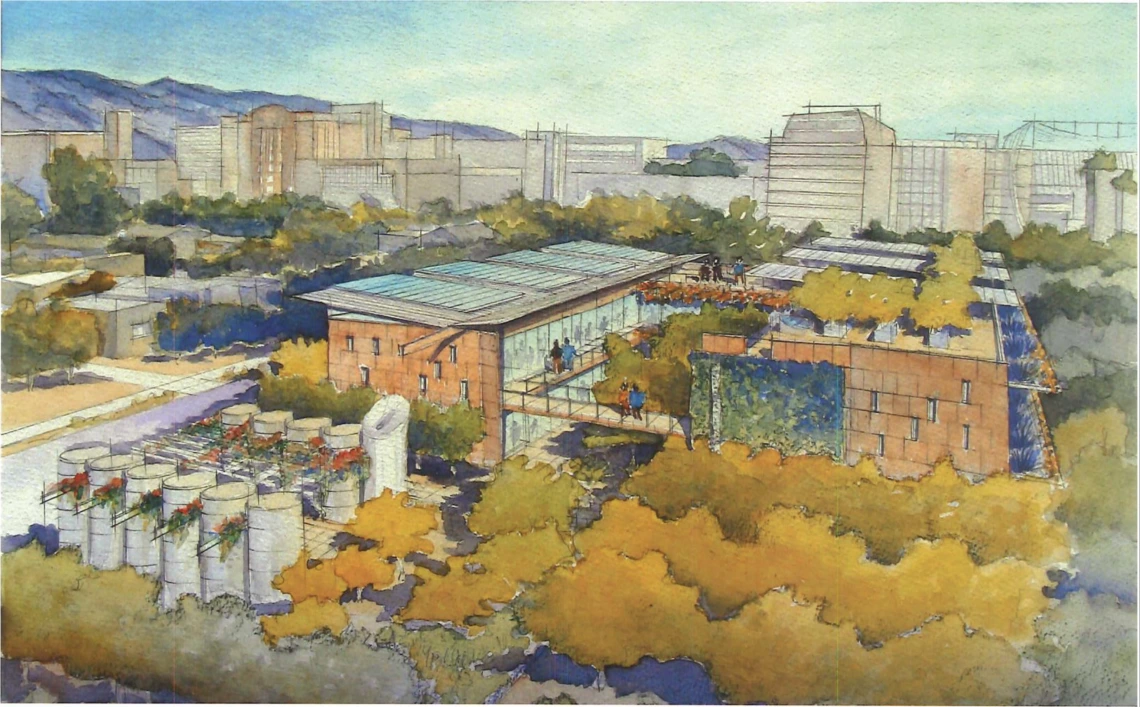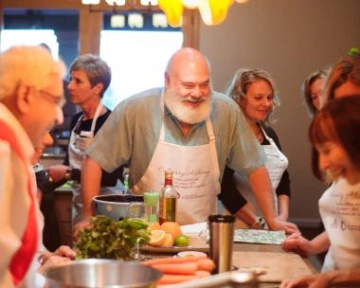The Healing Power of Perseverance
Andrew Weil never intended to go to medical school, practice as a physician or live in Tucson.

And yet, following where his curiosity led him, he did all three — while translating his medical degree into a movement that has changed the practice of medicine.
The Andrew Weil Center for Integrative Medicine, founded in Tucson 25 years ago, is now recognized as the leading integrative medicine program in the world. In March 2019, the center was renamed in Weil’s honor to recognize the $20 million in gifts the holistic-health visionary has committed to the University of Arizona.
It almost didn’t happen. As a student, on his way back from South America where he studied medicinal plants and healing, Weil shipped his English Land Rover to have it overhauled in California. He then drove to Tucson, intending a brief visit. The car broke down, it took six weeks to get it fixed, and the Old Pueblo proved irresistible.

Weil settled in Tucson and became a popular lecturer in the College of Medicine. Jim Dalen, then dean of the medical school, came to check out “the crazy guy” lecturing on natural and preventive medicine — heretic concepts in mainstream medicine at the time.
With Dalen’s encouragement and against the prevailing winds at the time, in 1994 Weil established the nation’s first formal training program in integrative medicine “in a broom closet in a trailer behind the College of Medicine, with a phone,” Weil laughs. What began as a two-year residential fellowship for four people has since become an international program training 80 fellows each year that has now graduated more than 1,500 alumni.
Weil’s gift will transform the center and take integrative medicine to the next level. In addition to naming the center, the commitment establishes named chairs in integrative medicine and research as well as an endowed program fund. The gift also launches a university-backed effort to create a new building on campus dedicated to the center’s work.
Weil, considered the father of integrative medicine, says that his gift marks the high point of his career at the university — a gift that will help the center continue as a global leader in integrative medicine.
“His work has really changed medicine in very significant ways,” says Victoria Maizes, executive director of the center and holder of one of the named chairs. “Perseverance is definitely part of the formula. Our graduates are now impacting the lives of 8 million people — and many are the world’s leaders in integrative medicine, faculty and physicians in private practice. We’re training the world.”

